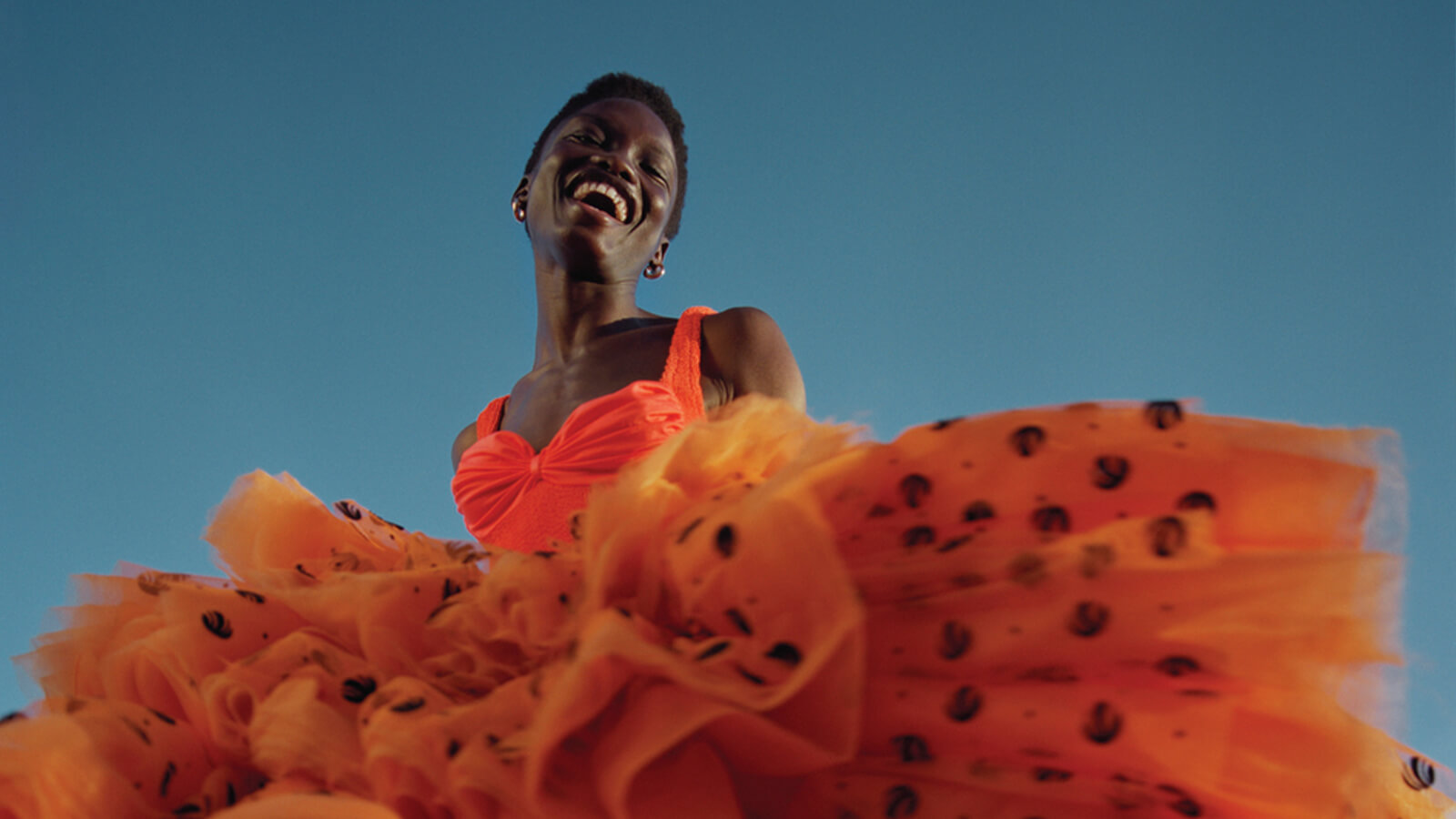The Necessity Of Black Joy
What is Black Joy? This is a deceptively hard question to answer because at this moment in time, it is a philosophical concept, a framework, that is still being defined, its conditions and legacies still being established.
In my book, Black Joy – an anthology exploring what it means to be Black and British – I wrote that, for me, Black Joy “is the infectious laughter of my mum and aunty. It is my dad telling me to be proud of my heritage. It is the feeling of hopping along to my first Candy Dance. It is stepping off the plane in Jamaica. It is the heart surge of hearing a chant that resonates with me at a protest. The smooth stretch and pull of my Afro acquiescing its curl to a box braid. It is a look of recognition. It is shared, and it is individual, and it is all of these things and more.”
But as I have grown with the concept, I have moved towards construing Black Joy almost exclusively in relation to collective experiences of the diaspora. The things that bring us together literally – parties, music, dancing, food – and the things that bind us figuratively, the things that we understand about each other because we have had similar experiences somewhat unique to people of our race.
Audre Lorde wrote that: “The sharing of joy, whether physical, emotional, psychic, or intellectual, forms a bridge between the sharers, which can be the basis for understanding much of what is not shared between them.”
This means that Black Joy traverses distances and creates unbreakable bonds. It pushes for empathy while also acting in resistance to a world that has so often made it hard for Black people to exist unscathed by systems operating against us. Black Joy helps us to survive and thrive. It offers new ways of reframing our identities in relation to the aspects of them that make us happy. Often the way we’re expected to conceive of our Blackness is in relation to trauma. Black Joy is a resistance to that.
Charlie Brinkhurst-Cuff is a Jamaican-born, London-based New York Times journalist and editor of Black Joy, published by Penguin




